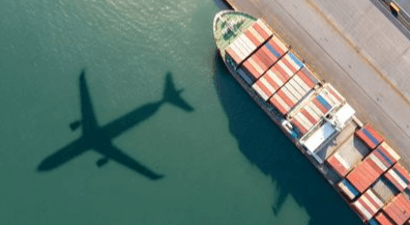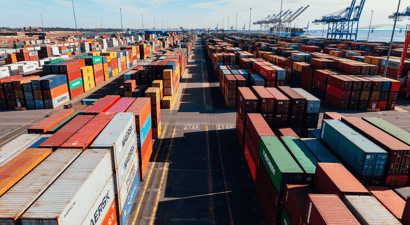LEGAL ISSUES ARISING OUT OF TREASURE RECOVERED FROM THE SEABED
An interesting case with implications for salvors was recently heard in the Supreme Court of the United Kingdom.
The litigants were a salvage company Argentum Exploration Ltd (‘’Argentum’’) and the Republic of South Africa (‘’RSA”). The case concerned a cargo of 2 364 bars of silver having a value of some USD43 million.
In November 1942 during World War II, the ill-fated SS Tilawa was en route from Bombay to Durban, Union of South Africa (now the RSA) when she was struck by torpedoes about 900 kilometres from the Seychelles, sank and settled on the seabed in a depth of about 2,5 kilometres.
Argentum, using modern salvage techniques, recently recovered the silver bars which were carried to the United Kingdom and declared to the Receiver of Wreck.
Having accepted that ownership of the silver bars still vested in the RSA, the crisp legal question to be decided was whether the RSA was liable for the considerable salvage costs incurred by Argentum.
In short, the five judges of the Supreme Court held that the RSA was not liable for the salvage costs as the salvors had not concluded a salvage contract with the RSA prior to embarking on the salvage operation.
So, the lesson to salvors seems to be relatively simple – settle the contractual terms with the owners of the cargo before recovering same. Yet, considerable practical difficulties are foreseen should the same principles be applied by the courts of the RSA.
It is all well and good when the vessel and her cargo are clearly identifiable. To place things in perspective, the RSA coastline has in excess of 1400 shipwrecks predating 1914, 46 predating 1700, 90 between 1700 and 1800 and 103 from 1800 to 1830.
Many of these vessels have foundered and settled on the remains of earlier shipwrecks. These multiple wreck sites overlap, with the scattered remains often being no more than a heap of rubble.
The identity of a ship can sometimes only be determined after a detailed examination of the wreck and proper research of the artifacts has been completed. Many wreck sites are known to which no positive identity has yet been attached.
It follows that these circumstances would often render it impossible for salvors to negotiate a salvage contract with the owners of the cargo before conducting the salvage operation.
On a happier note for salvors, at least in this case and despite the English court ruling under discussion, a settlement has been reached in terms of which the RSA will pay an agreed amount to Argentum towards its salvage costs, which seems only just and fair - after all, the RSA will soon be the happy recipient of a windfall of some USD43 million.
N.B.
This article has not dealt with the various statutes and international conventions governing historic wrecks, which clearly also need to be adhered to by salvors. For instance, and by way of example, in the RSA a “wreck license” is required under Section 64C of the Customs & Excise Act for a person to search any wreck or search for any wreck in RSA waters, and royalties may be payable





